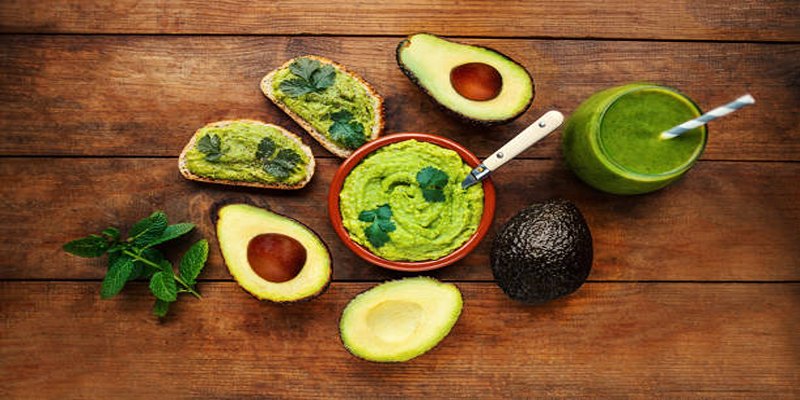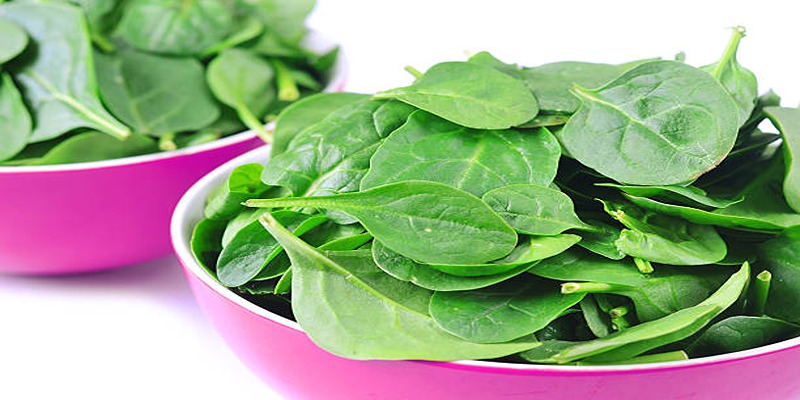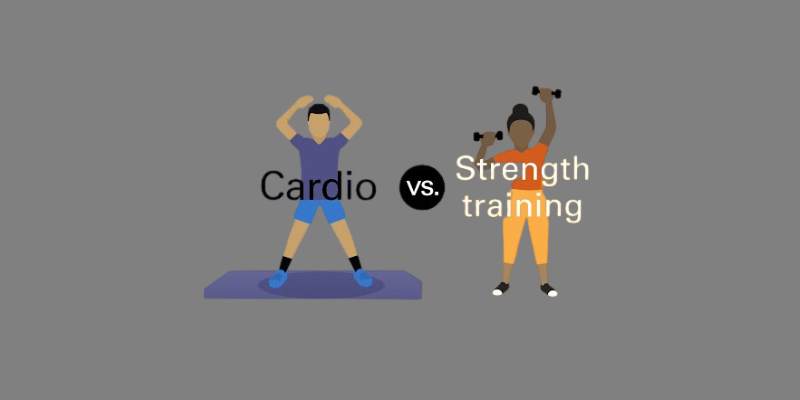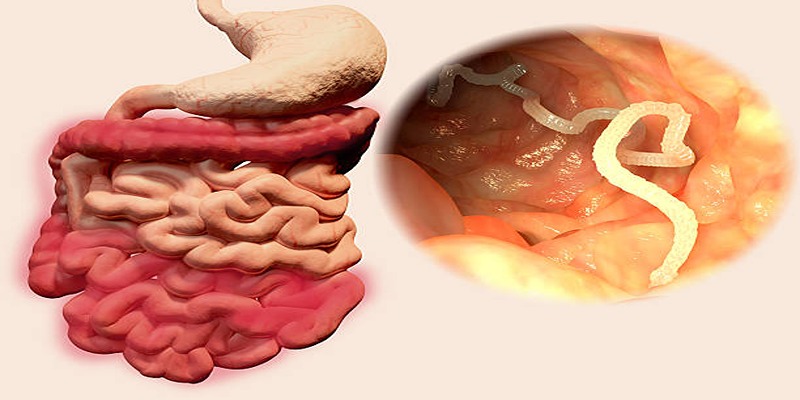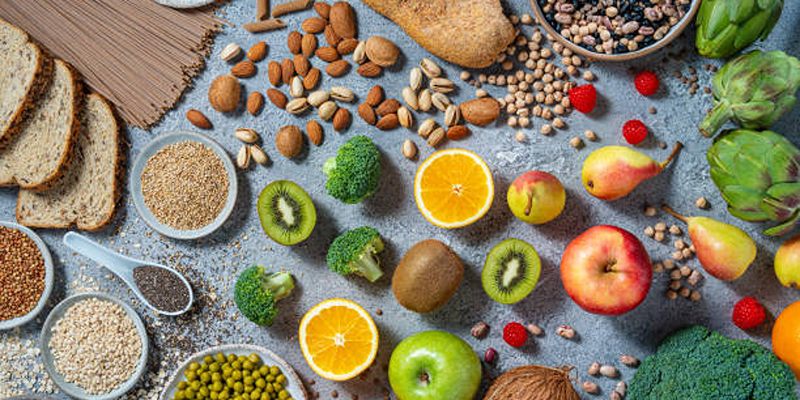Are you trying to increase your protein without always eating the same things every day? Cheese can be very useful. It's surprisingly high in protein, delicious, and easy to use. Healthy eating becomes more enjoyable whether you savor cheese with fruit, sprinkle it over salads, melt it into meals, or combine it with other foods. Many people don't realize that some cheeses are nutrient-dense and protein-packed.
They also provide calcium and other minerals that benefit bones and muscles. Still, not all cheeses are the same; some are superior. Therefore, dietitians recommend specific high-protein cheeses for everyday meals. These decisions enable you to feel full, keep energized, and appreciate your food more. These are the top 16 high-protein cheeses dietitians advise for increasing nutrition and maintaining a healthy diet.
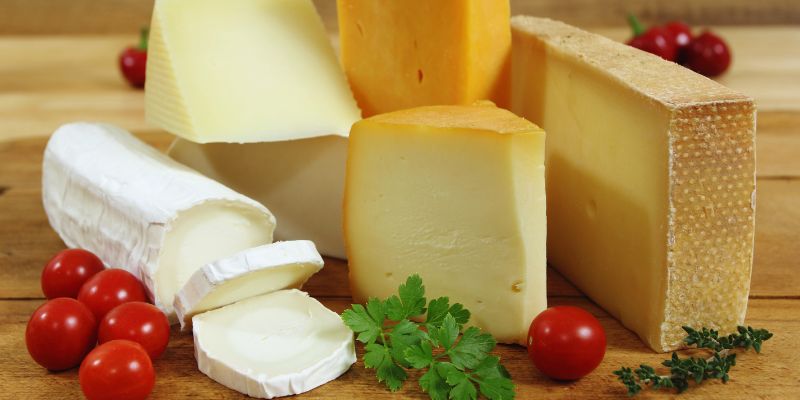
Top 16 High Protein Cheeses Recommended by Dietitians
Below are the top 16 high-protein cheeses dietitians recommend for boosting nutrition and supporting a balanced, healthy diet.
Parmesan Cheese
Parmesan is a hard cheese with a strong, nutty taste. With almost 10 grams per ounce, it is among the highest-protein cheeses. It is low in lactose, so people with sensitivity might find it appropriate. Dust it over soups, spaghetti, or salads.
Swiss Cheese
Swiss cheese is well-known for its distinctive holes and mild, sweet taste. An ounce provides roughly 8 grams of protein. It is excellent for heart health and has less salt than other cheeses. It melts easily and is perfect for sandwiches, burgers, or omelets.
Cheddar Cheese
Cheddar cheese is firm, flavorful, and widely available. One ounce provides about seven grams of protein, making it a terrific addition to casseroles, sandwiches, or snacks. It comes in mild to strong forms, so there is a taste for everyone. It's quite nutrient-dense, even if it's heavy in fat.

Cottage Cheese
Up to 25 grams per cup, cottage cheese is smooth and creamy and remarkably high in protein. Athletes and those attempting to lose weight love it. Health-conscious consumers especially enjoy low-fat variations. Have it with fruit, toast, or blended into smoothies.
Ricotta Cheese
Ricotta cheese is light, silky, and mildly sweet. About half a cup contains 14 grams of protein. It's often used in pasta meals like lasagna and is a nice addition to desserts. Rich in calcium, ricotta makes a pleasing accompaniment to sweet and savory dishes.
Mozzarella Cheese
Mozzarella is a soft cheese most famously used on pizza. One ounce supplies six to seven grams of protein. Fresh and part-skim variants are available; daily consumption calls for lower-fat options. Mozzarella also works in sandwiches, salads, or melted meals; it tastes mild and melts beautifully.
Gouda Cheese
Gouda has a smooth texture, a rich, buttery taste, and is creamy. One ounce has about seven grams of protein. It melts readily and gives hot meals like casserole complexity. On cheese boards, it's also fantastic.
Feta Cheese
Often found in Greek salads and Mediterranean cuisine, feta is a crumbly cheese with a salted tang. An ounce has roughly four grams of protein. It has less fat and calories, even if its protein is less than that of harder cheeses.
Blue Cheese
Blue cheese is defined by its bold taste and blue-green mold veins. Each ounce provides roughly six grams of protein. Usually found in salads or as a burger topping, it gives a sour, savory bite. Though its strong taste might not be for everyone, it is high in nutrients, including protein and calcium.
Halloumi Cheese
Cyprus's firm, salty cheese is called halloumi. It shines since it may be cooked or grilled without melting. Every ounce has roughly seven grams of protein. It's commonly presented on skewers or in slices with vegetables.
Brie Cheese
Brie is a mild-flavored, soft, creamy cheese with an edible rind. An ounce offers five to six grams of protein. It is usually cooked with fruit or presented on crackers. Though not the best protein, this is a delightful choice in small amounts.
Neufchâtel Cheese
Though with less fat, neufchâtel is a creamy cheese akin to cream cheese. An ounce of it has roughly three grams of protein. It works great in dips and on bagels, and it spreads readily. It is better than ordinary cream cheese for people watching fat consumption, even if it lacks protein compared to other choices.
Gruyère Cheese
Rich and solid, Gruyère has a nutty, somewhat sweet taste. One ounce contains roughly eight grams of protein. It melts wonderfully on top of baked goods or in fondues. Gruyère is high in nutrients but also high in fat.
Provolone Cheese
A semi-hard cheese, provolone tastes mild and melts elegantly. One ounce has around seven grams of protein. It's perfect for sandwiches, melting foods, and pizza. Because of its melting qualities, provolone is sometimes combined with mozzarella. It provides good protein even if it contains some fat.
Asiago Cheese
Asiago is a firm Italian cheese with a strong, nutty taste. Every ounce offers almost eight grams of protein. It can be sliced for snacks or grated like Parmesan. Its strong taste accentuates salads, risotto, and pasta. Given its taste, just a little is required.
Cream Cheese (Protein-Enriched Versions)
While more protein-enriched varieties are already on the market, standard cream cheese is low in protein. An ounce of this has four to six grams of protein. Though it has more nutritional value, it has the same creamy taste and texture. You can use it in recipes or as spreads. Dietitians advise looking at labels to select variants with less fat and more protein for daily consumption.
Conclusion:
Including high-protein cheeses in your meals is a sensible and delicious way to change your diet. These cheeses enhance daily meals, keep you full longer, and improve muscle health. There is a cheese for every taste—soft, creamy, firm, or aged—all rich in protein. Remember to savor them in moderation—especially those heavy in sodium or fat. Pair them with fruits, vegetables, or whole grains for a balanced meal. Eating healthfully never has to seem monotonous, given so many great options. Select attentively and savor every morsel to satisfy your dietary needs for proteins.



